Visit us in San Francisco
Academic standards. Pioneering research. Personalized care. Start your journey at the UCSF Center for Reproductive Health, located in Northern California's San Francisco Bay Area.
Throughout the lifespan, our hormones undergo many changes and can serve multiple purposes. It is well documented that a healthy endocrine system can protect and extend lifespans. However, when there are irregularities in the endocrine system, many other systems may be disrupted. At CRH, our faculty study fluctuations in the endocrine system and examine the effects of these fluctuations throughout life including the impact on mood, sleep, diabetes and cardiovascular risk.
Currently, there are few studies (and none in the United States) that seek to describe the impact of expanding fertility services on the transgender community and their quality of life. The GEAR study will be one of the first of its kind to explore the impact of fertility options on quality of life among transgender, non-binary, and non-conforming people.
You may be eligible if you are: you identify as transgender or gender non-binary, and aged 18 years or older
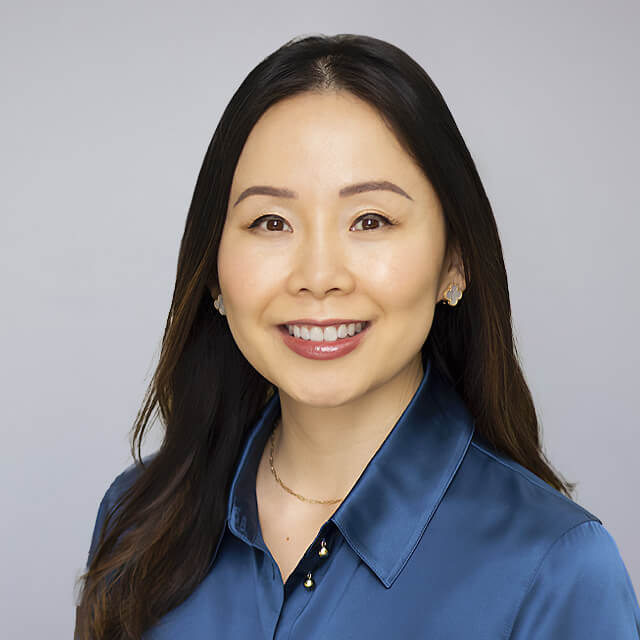
Our goal with the HOPE project is to Harness multiple Opportunities for Pregnancy loss Exploration.
In the United States, millions of women get pregnant and have successful pregnancies every year.
Unfortunately, miscarriage also occurs in 8-20% of clinically recognized pregnancies. Many miscarriages can occur due to large chromosomal abnormalities. These abnormalities can be recognized and mitigated with the increasing use of preimplantation genetic testing and genetic counseling of at-risk parents. However, even with these considerations, around 50% of potentially normal embryos do not result in a clinical pregnancy.
Sponsored by the National Institute of Health, this multi-site study aims to use novel approaches to find explanations of pregnancy loss and learn how we can predict future pregnancy outcomes.
You may be eligible if you are: older than 15 years old, affected by pregnancy loss of unknown causes, and willing to donate samples for research.

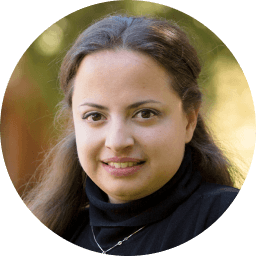
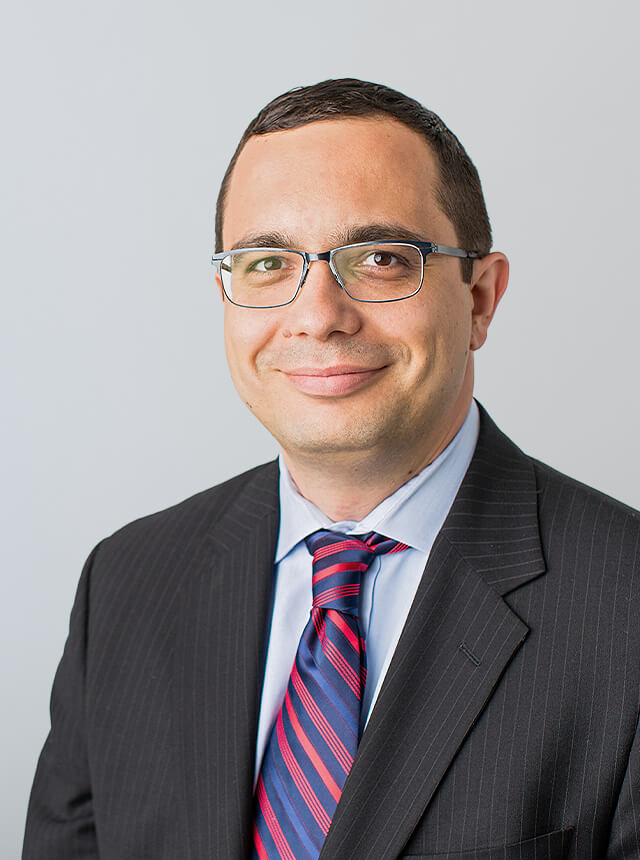
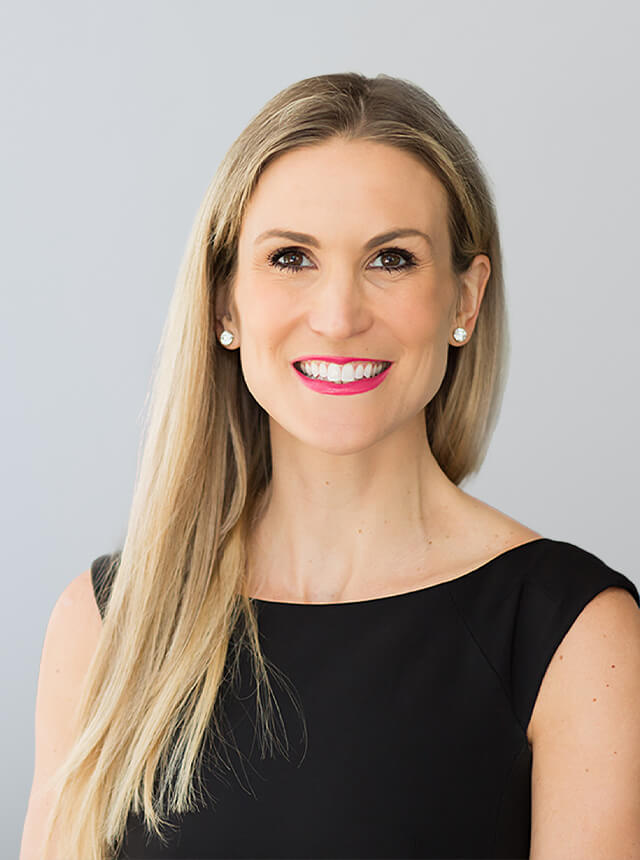

The Ovarian Aging (OVA) cohort is the largest and most ethnically diverse, community-based cohort available that can be used to determine the race/ethnic and behavioral determinants of ovarian aging and its association with CVD risk in a young cycling population. The purpose of the study is to use a longitudinal approach to evaluate markers of ovarian and cellular aging as predictors of CVD, and potentially develop new risk-reduction strategies.
We are currently not accepting any new participants.
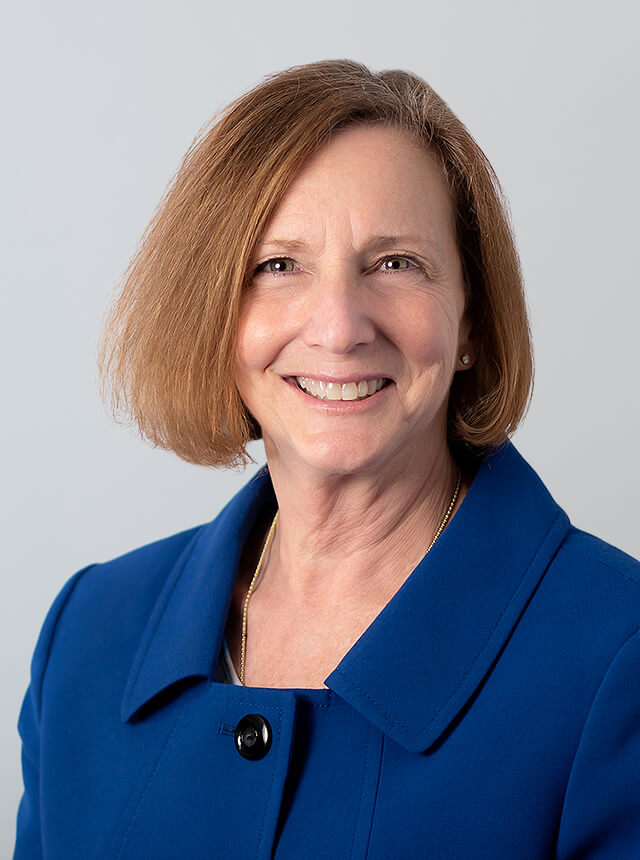
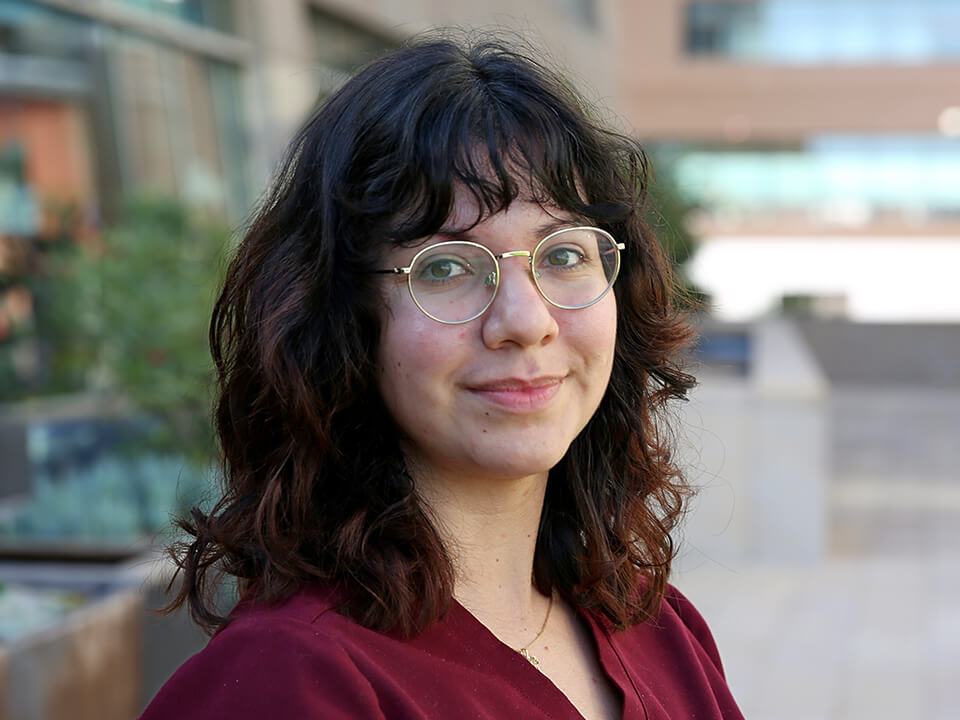
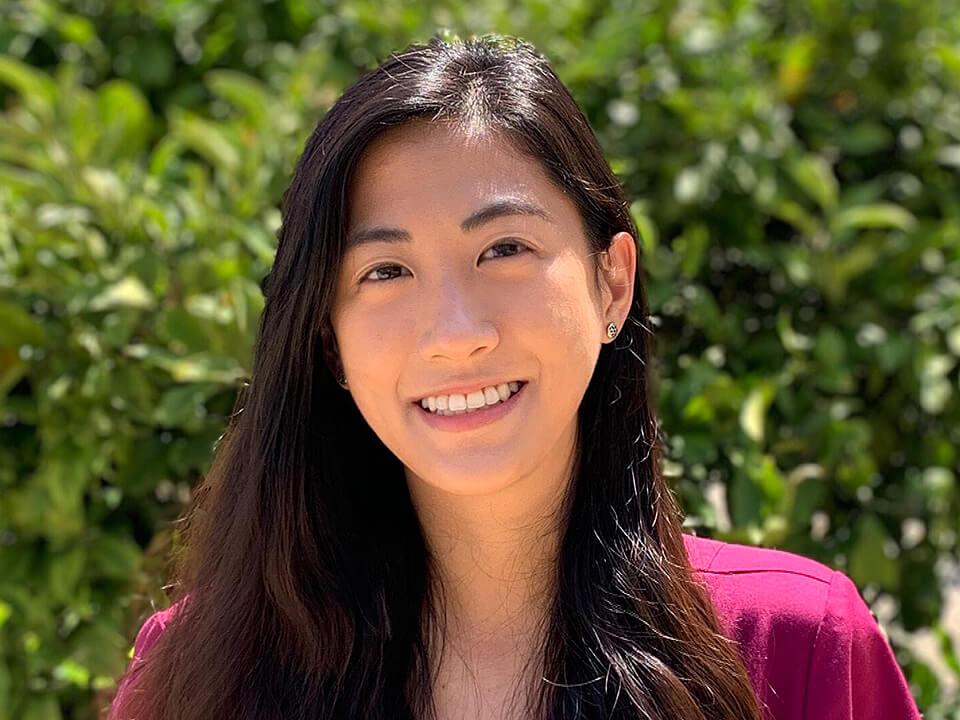
Goal: To learn more about the relationship between oxidative stress levels (from our diet, environmental toxins, and normal metabolic processes) in both parents and how this could affect embryo and pregnancy health.
Step 1: Enrollment
If you think you are eligible and want to participate, speak with your primary doctor. You may also be contacted by one of the UCSF Fellows
Step 2:
Go through your IVF cycle as planned. There will be a blood draw for both partners on the day of the egg retrieval
Step 3: Retrieval
We will collect follicular fluid (which is normally discarded) to test for oxidative stress levels within the ovary
If you do not have insurance coverage for pre-implantation genetic testing for aneuploidy (PGT-A), the cost of the PGT-A testing will be covered by the study and will be offered free of charge!
Email us at roar@ucsf.edu
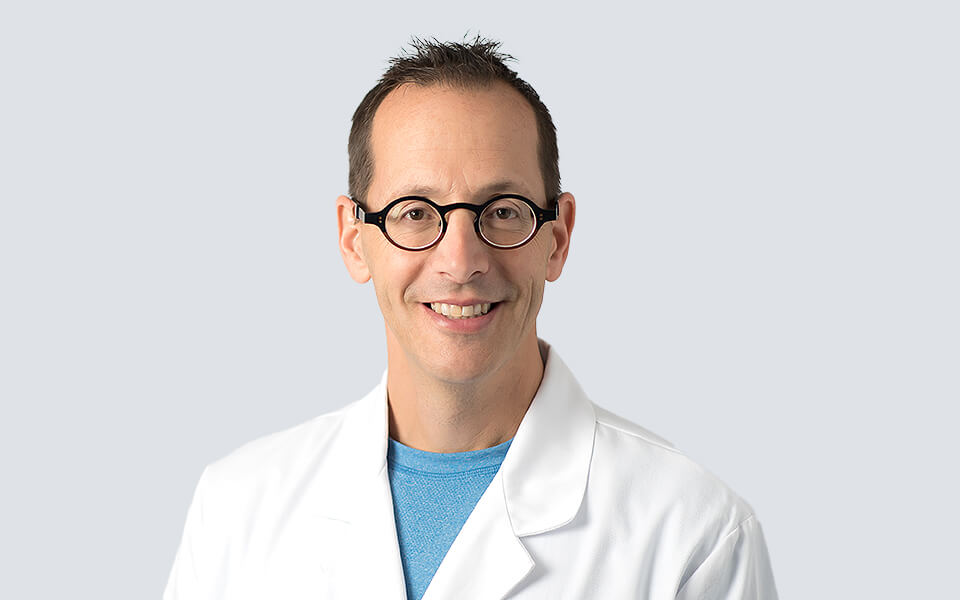
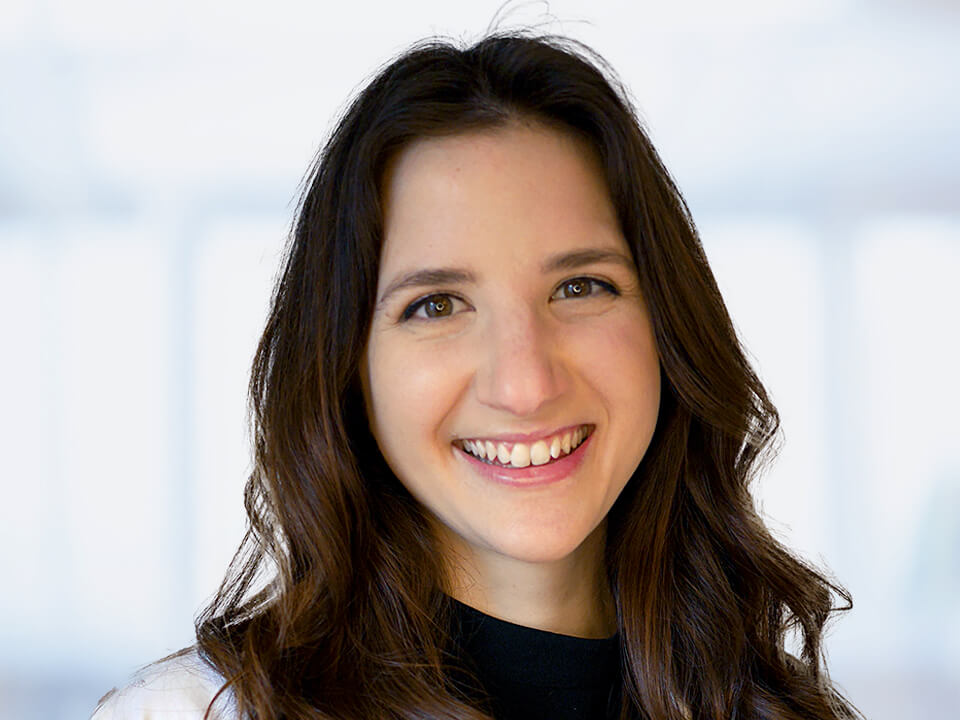
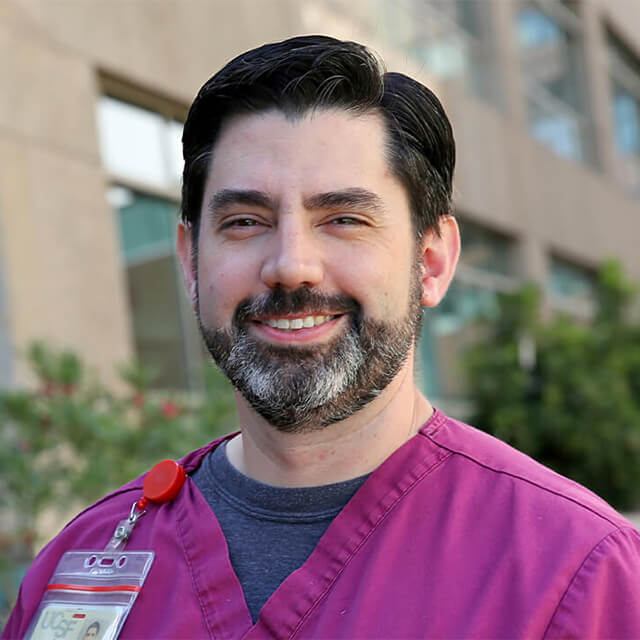
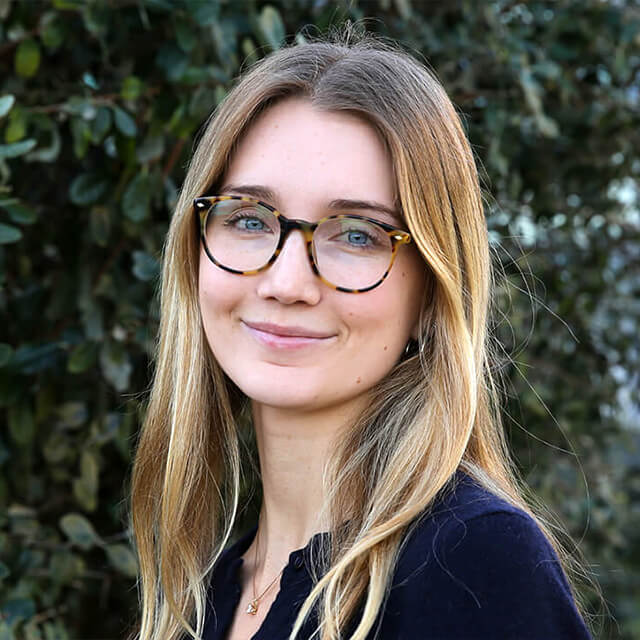
The START study (Sensor Technology Assessment of Reproductive Targets) intends to use new technology to solve old problems in reproductive medicine. We will leverage continuous physiological data collected from a wearable device (the Oura ring) to open a new window onto the menstrual cycle and to develop algorithms that predict ovulation and pregnancy onset, and to better understand a variety of reproductive disorders. This interdisciplinary, multi-center, private-public partnership is poised to generate impactful discoveries in reproductive medicine and enable new tools for women's reproductive autonomy.
Arm 2 of the study is currently eligible to women who are healthy, between 18-42 years old, not taking any hormonal medications (i.e. birth control pills), and who have irregular cycles or PCOS.
If you are interested in the study, please contact startoura@ucsf.edu .

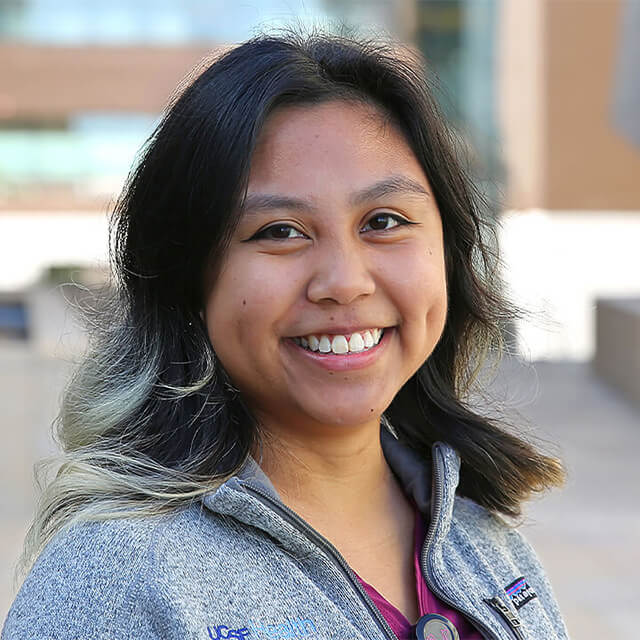
There has been a lack of literature describing both short and long-term adverse consequences of egg donation. This study hopes to 1) characterize the medical, emotional, and psychosocial impact of oocyte donation following donation, 2) to describe one's subjective experience with the process, 3) to assess the potential impact this decision had on one's own medical history, and 4) to evaluate individual factors associated with the above reflections. Participants will be recruited from UCSF and a private fertility clinic in San Francisco. All participants will receive a questionnaire and we hope results will inform improvements in the long-term care of oocyte donors. You may be eligible if you are: a prior UCSF egg donor (1/2009-1/2020) and not actively undergoing egg donation.
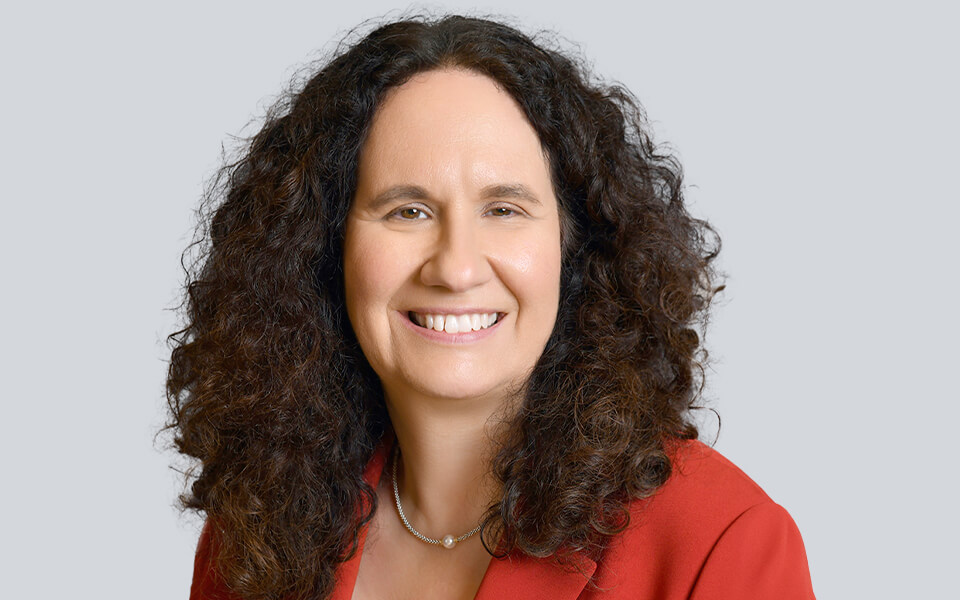

Academic standards. Pioneering research. Personalized care. Start your journey at the UCSF Center for Reproductive Health, located in Northern California's San Francisco Bay Area.